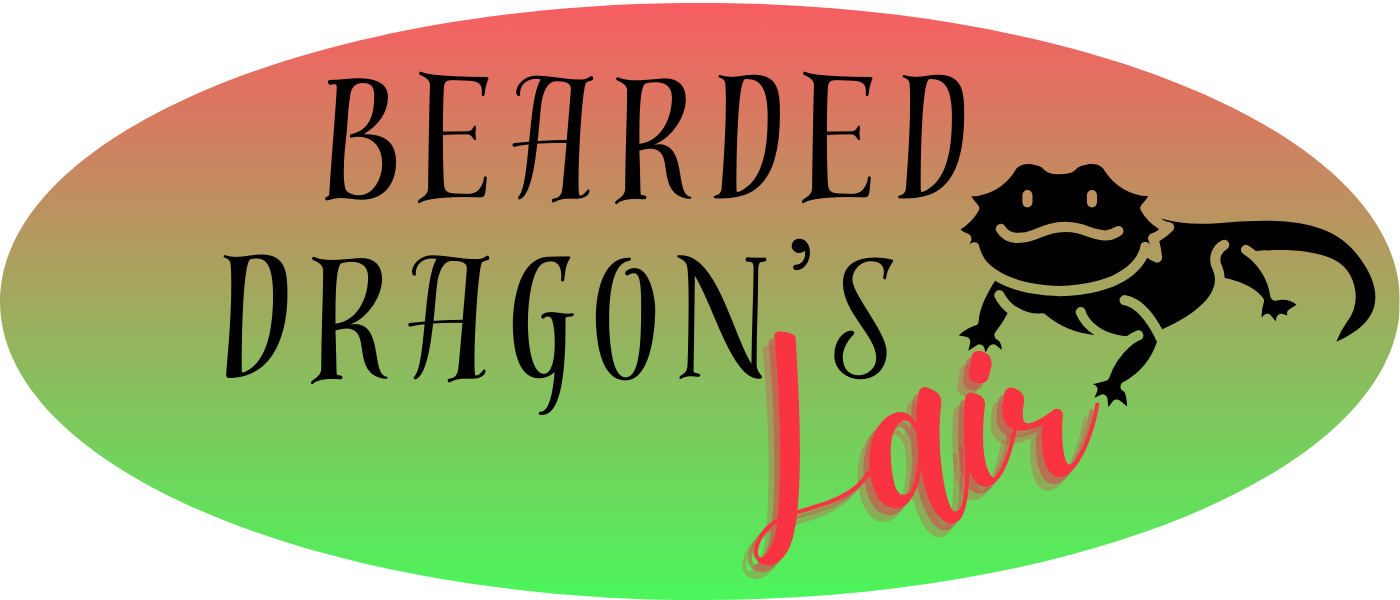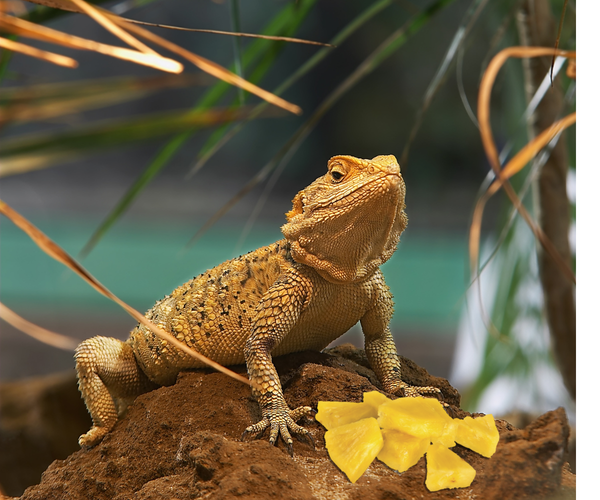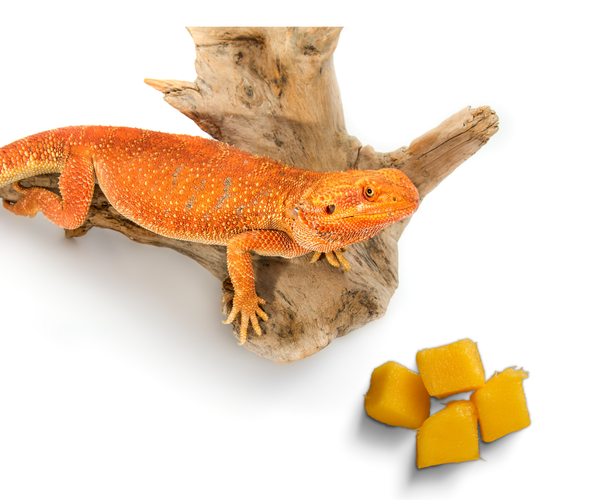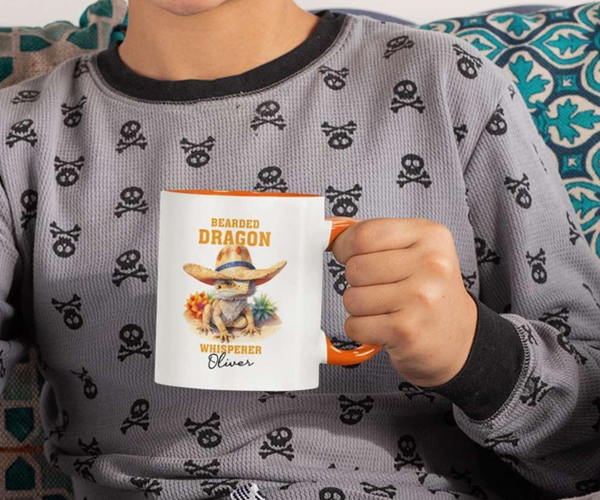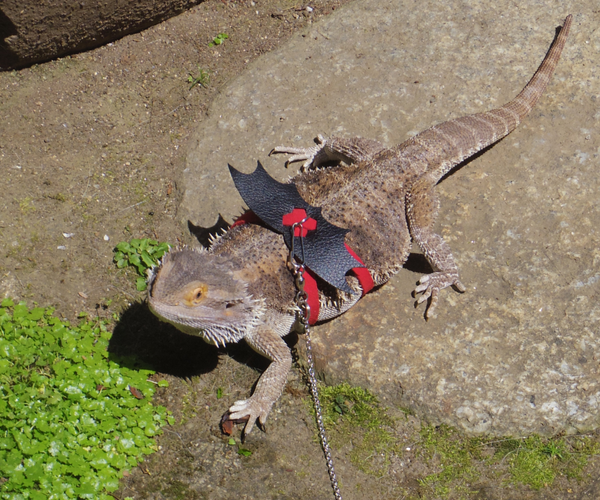Can Bearded Dragons Eat Bell Peppers?
The vitamin A in bell peppers is important for maintaining good vision, skin health, and reproductive health, while vitamin C is crucial for tissue repair and immune function.
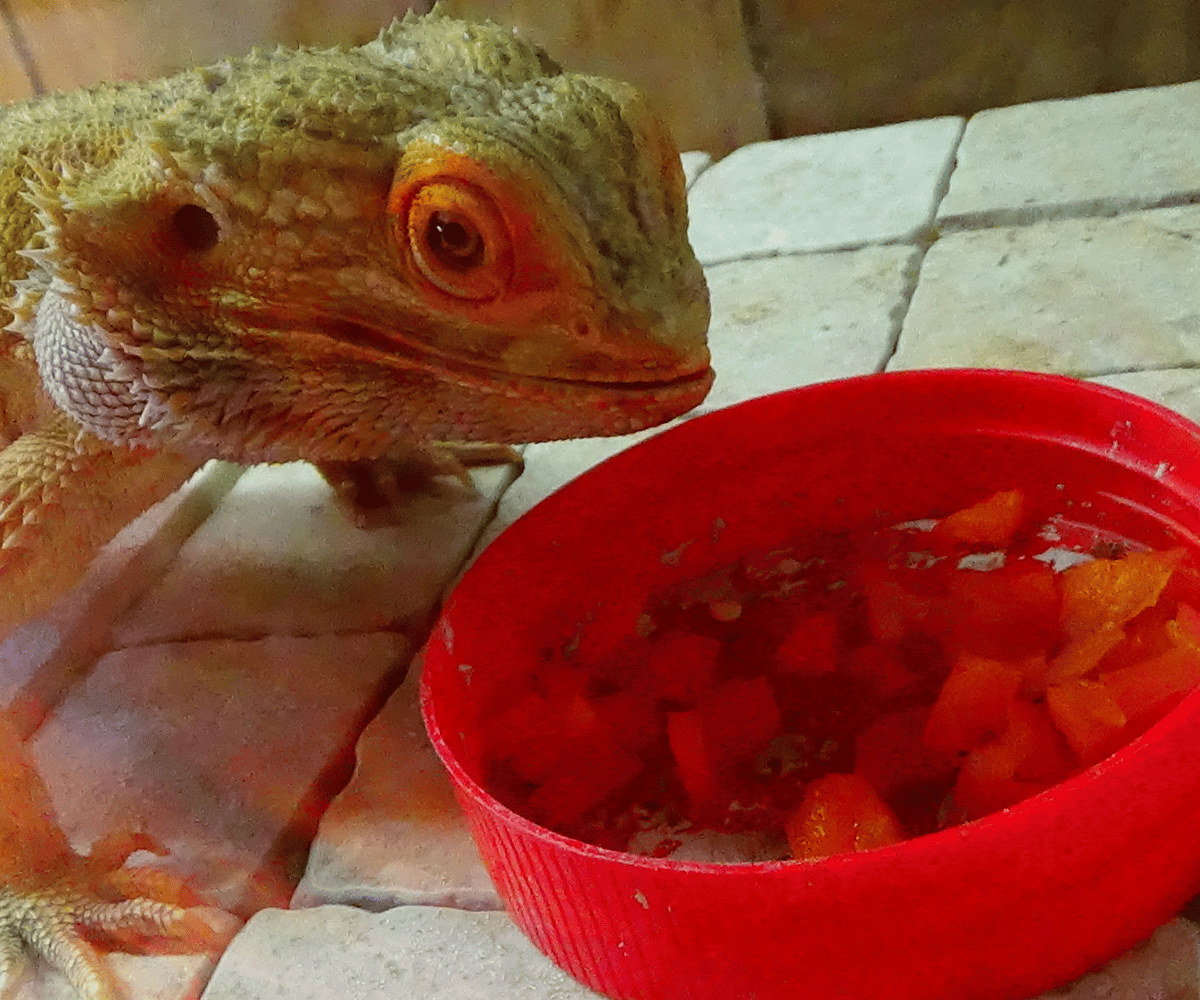
Bearded dragons are popular pets known for their docile nature and unique appearance. As a bearded dragon owner, understanding the dietary needs of your scaly friend is crucial for its health and longevity. One common question among bearded dragon enthusiasts is whether these reptiles can safely consume bell peppers. This article delves into the nutritional benefits and potential concerns of feeding bell peppers to bearded dragons.
Key Takeaways:
- Bell peppers are a safe and nutritious food for bearded dragons when fed in moderation.
- It's important to understand the nutritional content of bell peppers and how they fit into a bearded dragon's diet.
- Always prepare bell peppers properly before offering them to your bearded dragon to ensure their safety and health.
Understanding Bearded Dragon Nutrition
Bearded dragons are omnivores, which means they require a balanced diet of both plant-based and animal-based foods. In the wild, their diet consists of a variety of insects, greens, fruits, and occasionally small rodents. In captivity, it's essential to replicate this diet as closely as possible to maintain their health. Bell peppers can be a part of this varied diet, but it's important to understand their nutritional value and how they should be incorporated.
Bell peppers are low in calories and high in vitamins A and C, which are beneficial for bearded dragons. They also contain antioxidants that can help support the immune system. However, bell peppers should not be the main component of the diet, as they lack the protein and essential fats that bearded dragons need to thrive.
The Benefits of Bell Peppers for Bearded Dragons
Bell peppers can be a colorful and nutritious addition to your bearded dragon's diet. They are not only a good source of hydration due to their high water content but also provide essential vitamins that contribute to the overall health of your pet. The vitamin A in bell peppers is important for maintaining good vision, skin health, and reproductive health, while vitamin C is crucial for tissue repair and immune function.
When feeding bell peppers to your bearded dragon, it's best to offer them as part of a varied diet that includes a mix of vegetables, fruits, and insects. This ensures that your pet receives a wide range of nutrients necessary for optimal health. Remember to wash the bell peppers thoroughly to remove any pesticides or contaminants and to serve them raw or lightly steamed to preserve their nutritional value.
Preparing Bell Peppers for Your Bearded Dragon
Before introducing bell peppers into your bearded dragon's diet, it's important to prepare them properly. Always choose fresh, organic bell peppers to minimize the exposure to pesticides. Wash them thoroughly under running water to remove any dirt or residues. Cut the bell peppers into small, manageable pieces that your bearded dragon can easily consume, removing the seeds and stem.
It's also advisable to vary the colors of bell peppers you feed your bearded dragon. Red, yellow, and orange bell peppers tend to have higher levels of vitamins compared to green ones. By offering a variety of colors, you not only make mealtime more interesting for your pet but also provide a broader spectrum of nutrients.
Frequency and Portion Size: How Much Is Too Much?
While bell peppers are healthy for bearded dragons, they should be fed in moderation. A good rule of thumb is to include bell peppers as part of the 20-30% of the diet that consists of vegetables and fruits. The exact portion size will depend on the size and age of your bearded dragon, but a few small pieces of bell pepper a couple of times a week is generally sufficient.
Overfeeding bell peppers can lead to an imbalance in your bearded dragon's diet, potentially causing nutritional deficiencies or digestive issues. It's important to maintain a balanced diet that primarily consists of leafy greens and insects, with bell peppers and other vegetables as supplementary treats.
The Risks of Overfeeding Bell Peppers
While bell peppers are a healthy treat, overfeeding them to your bearded dragon can have negative consequences. One of the risks is the potential for vitamin A toxicity, which can occur if your pet consumes too much vitamin A. Symptoms of vitamin A toxicity include lethargy, swelling, and weight loss. To avoid this, ensure that bell peppers are only a small part of the diet and that you're not providing other high vitamin A foods in excess.
Another concern is the calcium to phosphorus ratio in bell peppers. Bearded dragons require more calcium than phosphorus in their diet to prevent metabolic bone disease. Bell peppers have a lower calcium to phosphorus ratio, which means they should not be the primary vegetable in your bearded dragon's diet. Always balance bell pepper feedings with other calcium-rich foods.
The Role of Bell Peppers in a Balanced Bearded Dragon Diet
Incorporating bell peppers into your bearded dragon's diet can be beneficial when done correctly. They should complement a diet that is rich in calcium and includes a variety of leafy greens, vegetables, and insects. By providing a balanced diet, you help ensure that your bearded dragon receives all the necessary nutrients for a healthy life.
To create a balanced diet, offer a variety of foods and rotate them regularly. This not only provides a range of nutrients but also keeps your bearded dragon interested in its meals. Remember to dust insects with a calcium supplement and to provide a UVB light source to help your bearded dragon synthesize vitamin D3, which is crucial for calcium absorption.
The Importance of Variety in a Bearded Dragon's Diet
Variety is key to a healthy bearded dragon diet. While bell peppers can be a part of this variety, they should not be the only vegetable offered. A diet that includes a mix of leafy greens, squash, carrots, and occasional fruits, along with the appropriate amount of insects, will provide a well-rounded array of nutrients.
Introducing new foods gradually and monitoring your bearded dragon's reaction is important. Some bearded dragons may have preferences or sensitivities to certain foods. Paying attention to your pet's eating habits and adjusting the diet accordingly can help prevent nutritional deficiencies and maintain optimal health.
How to Introduce Bell Peppers to Your Bearded Dragon
If you're introducing bell peppers to your bearded dragon for the first time, start with a small piece to see how they react. Observe your pet for any signs of digestive discomfort or disinterest. If they seem to enjoy the bell pepper and have no adverse reactions, you can gradually increase the amount you offer during feeding times.
Always chop the bell peppers into bite-sized pieces to prevent choking and make it easier for your bearded dragon to eat. Mixing bell peppers with other vegetables and greens can make the meal more appealing and ensure a variety of nutrients are consumed.
Monitoring Your Bearded Dragon's Health
As with any dietary change, it's important to monitor your bearded dragon's health when introducing bell peppers. Look for signs of good health, such as a regular appetite, active behavior, and normal bowel movements. If you notice any changes in your pet's health after adding bell peppers to their diet, consult with a veterinarian who specializes in reptiles.
Regular check-ups with a vet can help catch any potential health issues early on. A professional can also provide personalized advice on your bearded dragon's diet and help you make any necessary adjustments to ensure they are getting the right balance of nutrients.
Summary
Bell peppers can be a healthy and enjoyable addition to your bearded dragon's diet when fed in moderation. They provide essential vitamins and hydration, but they should be part of a varied and balanced diet that includes a mix of vegetables, fruits, and insects. Proper preparation and portion control are key to safely incorporating bell peppers into your pet's meals. Always monitor your bearded dragon's health and consult with a veterinarian for personalized dietary advice.
FAQ Section
Q: Can bearded dragons eat all colors of bell peppers? A: Yes, bearded dragons can eat red, yellow, orange, and green bell peppers. However, red, yellow, and orange bell peppers are higher in vitamins and are often preferred.
Q: How often can I feed my bearded dragon bell peppers? A: Bell peppers should be fed in moderation, a few small pieces a couple of times a week is sufficient as part of a balanced diet.
Q: Do I need to cook bell peppers before feeding them to my bearded dragon? A: Bell peppers can be fed raw or lightly steamed. Cooking is not necessary, but if you choose to steam them, ensure they are cooled to room temperature before feeding.
